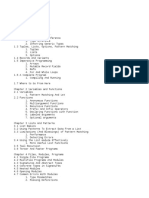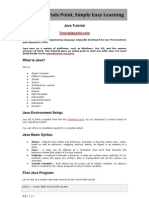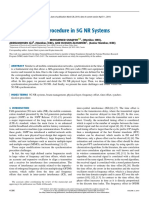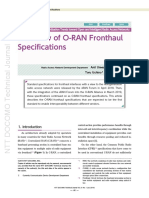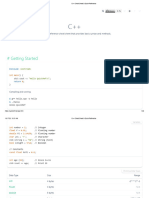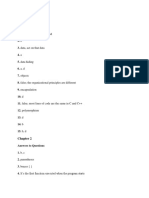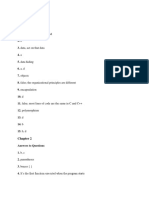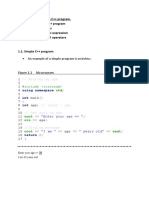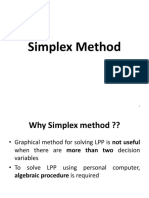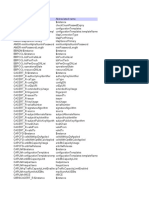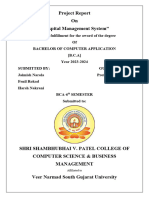0% found this document useful (0 votes)
183 views18 pagesC++ Cheat Sheet & Quick Reference
Uploaded by
S A N J A N A BLOOMBERRYPEACHCopyright
© © All Rights Reserved
We take content rights seriously. If you suspect this is your content, claim it here.
Available Formats
Download as PDF, TXT or read online on Scribd
0% found this document useful (0 votes)
183 views18 pagesC++ Cheat Sheet & Quick Reference
Uploaded by
S A N J A N A BLOOMBERRYPEACHCopyright
© © All Rights Reserved
We take content rights seriously. If you suspect this is your content, claim it here.
Available Formats
Download as PDF, TXT or read online on Scribd
/ 18



